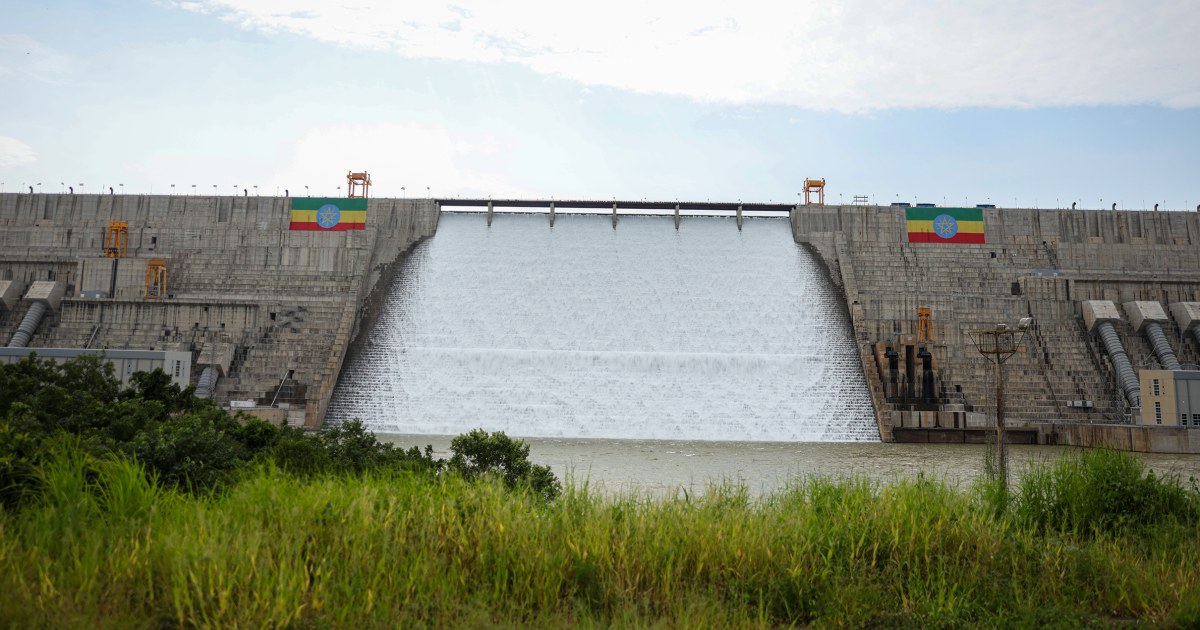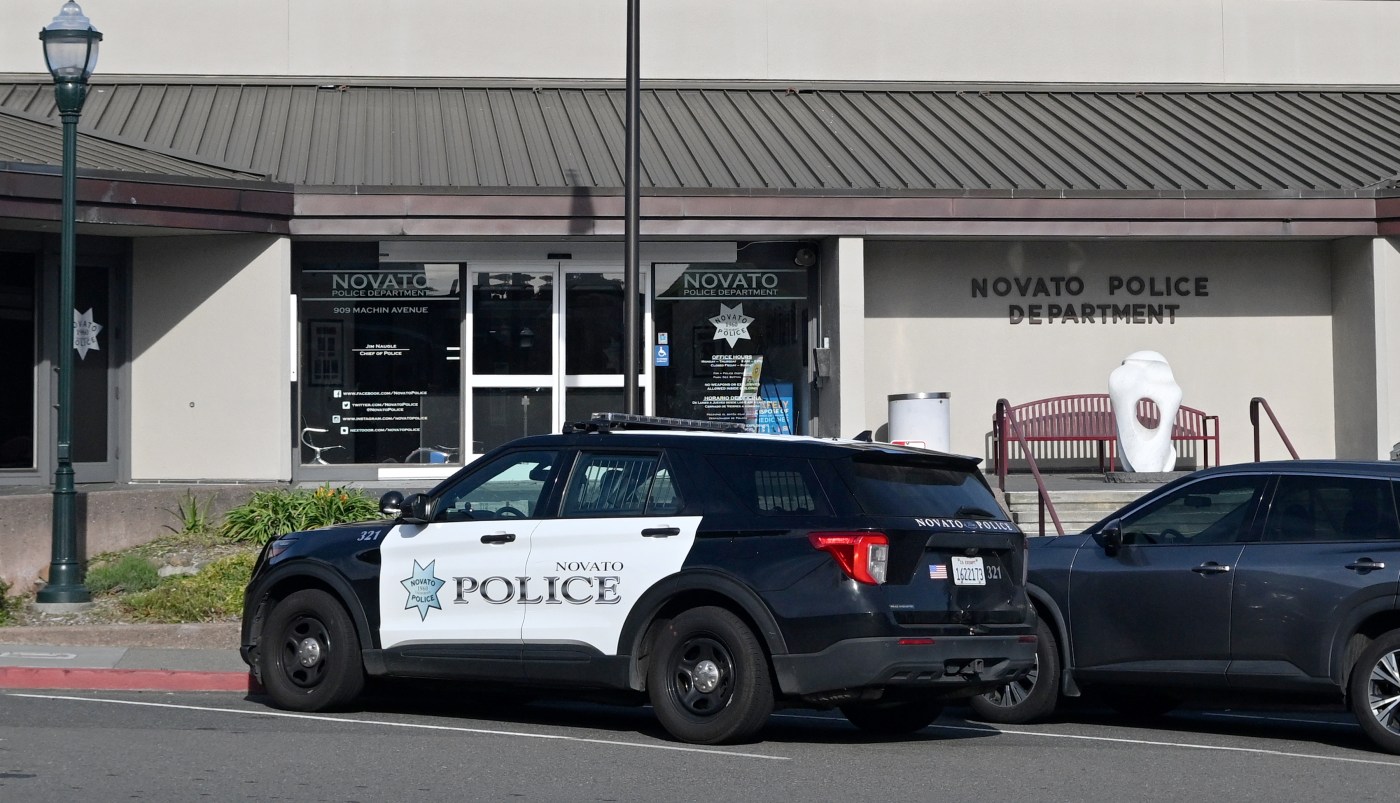The U.S. government is on the brink of a shutdown as Congress approaches a critical deadline of **October 1, 2025**. In an interview on “Face the Nation,” political correspondent Robert Costa revealed that President Donald Trump believes a shutdown is likely unless a resolution is reached. Costa noted that both parties are currently at an impasse, with Democrats advocating for an extension of health care subsidies linked to the Affordable Care Act, while Trump has focused on preventing undocumented migrants from accessing U.S. health care.
The conversation between Costa and Trump highlighted the President’s firm stance on health care, stating, “We’re not going to allow it,” in reference to any potential discussions that do not align with his administration’s priorities. Costa indicated that Trump’s demands may not be met, as Democrats are unlikely to concede on health care subsidies. The President expressed uncertainty about how to resolve the ongoing issues, saying, “I just don’t know how we are going to solve this issue.”
As tensions escalate, sources within the White House suggest that Trump may welcome a government shutdown as an opportunity to exercise executive power against what he terms “waste, fraud, and abuse.” Reports indicate that contingency plans for mass firings have been prepared should an agreement not be reached.
In addition to the looming shutdown, Trump has made headlines with his controversial public statements regarding possible prosecutions of political opponents. Costa stated that Trump has signaled interest in pursuing legal actions against figures such as Senator Adam Schiff, New York Attorney General Letitia James, and former FBI Director James Comey, who is currently facing indictment.
While Costa did not confirm any direct discussions with Trump about these potential prosecutions, he emphasized that the topic has been a point of discussion within Trump’s inner circle. The administration is reportedly considering actions against individuals who have scrutinized or criticized Trump, including former Joint Chiefs Chairman Mark Milley.
The landscape in Washington remains deeply divided. Republicans view Trump’s actions as a push for accountability, while Democrats express concern over what they perceive as authoritarian tendencies within the administration. This stark contrast has created a palpable tension that is unlikely to dissipate in the near future.
As the deadline for a government shutdown approaches, the political ramifications of these developments will continue to unfold. Costa’s insights underscore the urgency of the situation and the significant challenges that lie ahead for both parties in Congress.







